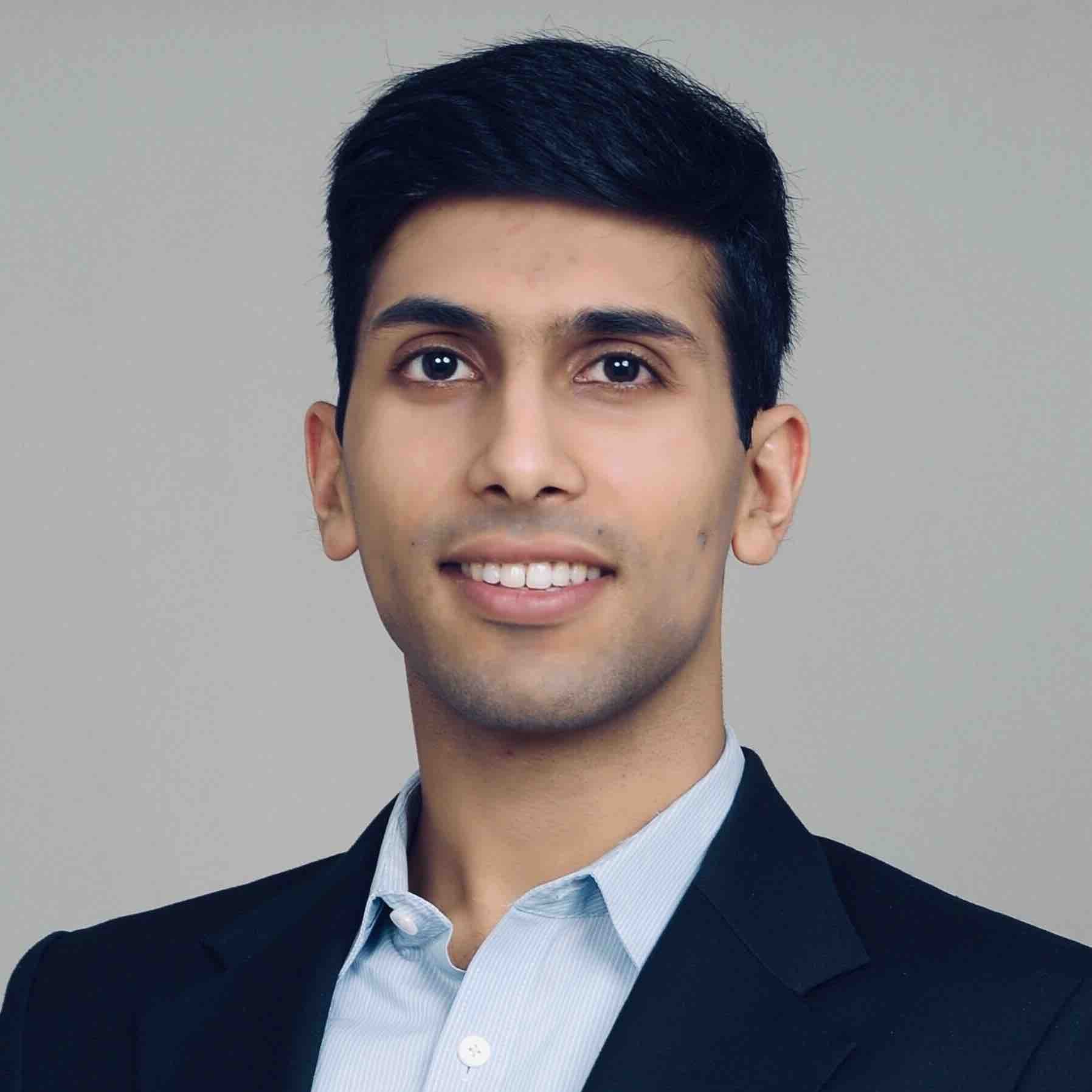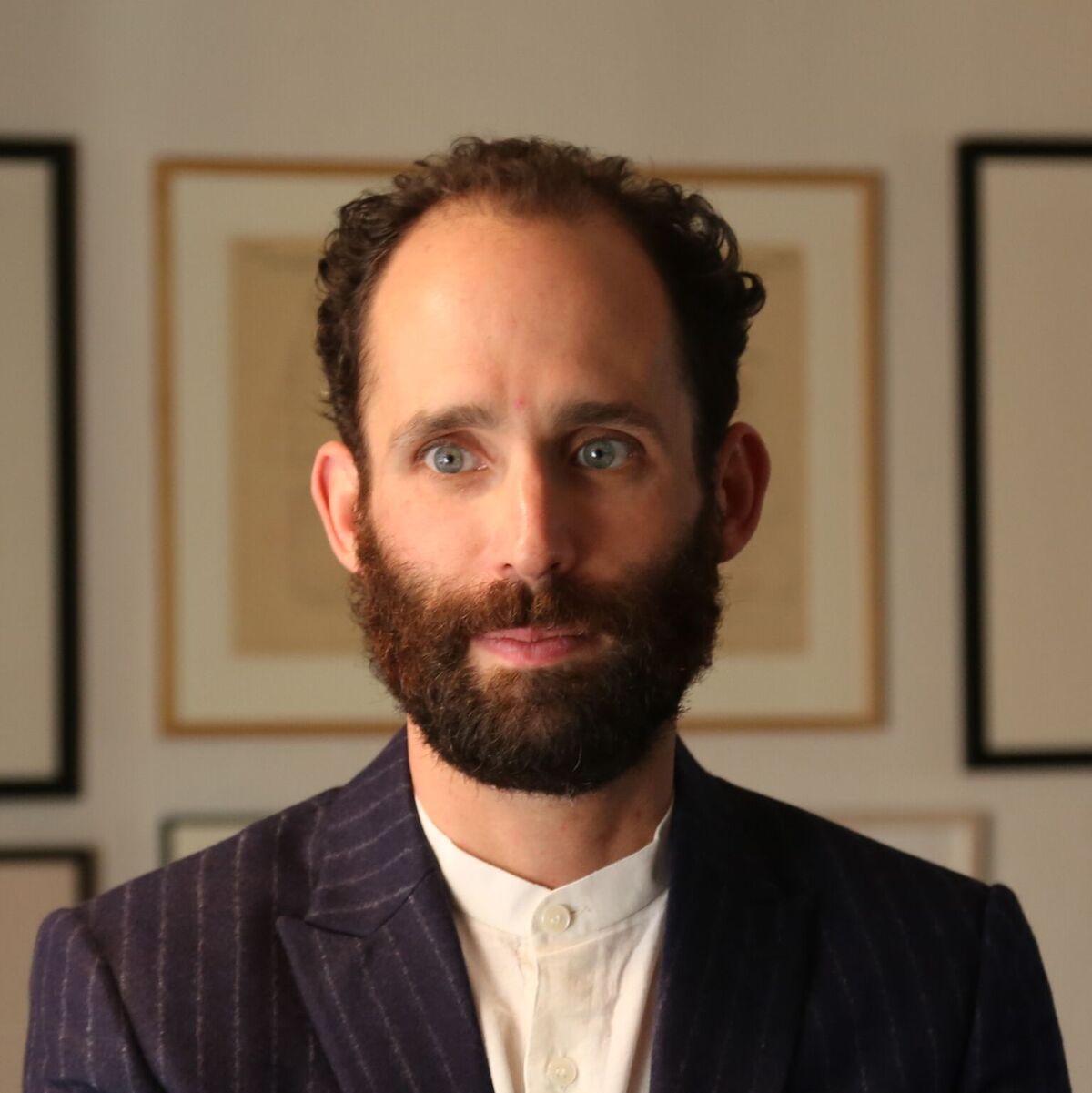-responsive.jpg)
How can communities prepare for, detect, and respond to emerging pandemics and health security threats?
Health Security & Pandemics Challenge
Closed
Submissions are closed
Timeline
-
Applications Open
March 1, 2021 9:00am EST -
Solution Deadline
March 1, 2021 9:00am EST -
Challenge Opens
March 1, 2021 9:00am EST -
Deadline to Submit a Solution
June 16, 2021 6:30pm EDT -
Judging Round 1
June 28, 2021 11:55pm EDT -
Judging Round 2
July 15, 2021 2:24pm EDT -
Judging Round 3
July 26, 2021 11:59pm EDT -
Technical Vetting
August 16, 2021 11:55pm EDT -
Solve Challenge Finals
September 19, 2021 12:00pm EDT
Solutions
Challenge Leadership Group

Anjali Sastry
MIT Sloan School of Management, Senior Lecturer, System Dynamics

Marijke Wijnroks
The Global Fund to Fight AIDS, Tuberculosis and Malaria, Chief of Staff

Alaa Murabit
United Nations, UN High-Level Commissioner: Health Employment & Economic Growth; UN SDG Global Advocate

Ruchit Nagar
Khushi Baby Inc., CEO

Toyin Ojora Saraki
The Wellbeing Foundation Africa, Founder & President

Maha El Rabbat
Cairo University; WHO /DG Special Envoy on COVID 19, Professor of Public Health, Faculty of Medicine

Jeffrey Jacobs
Merck for Mothers, Director of Product Innovation and Market Access

Deborah Hung
Broad Institute, Professor

Brian Taliesin
Living Labs, PATH, Global Director

Amandeep Singh Gill
International Digital Health and AI Research Collaborative (I-DAIR), Project Director/CEO

Taryn Rogalski-Salter
Bill & Melinda Gates Medical Research Institute, Head, Global Regulatory Affairs

Jerome H. Kim
International Vaccine Institute, Director General

Divleen Jeji
Google Health, India Lead

Peter Okwi
StrongMinds, Uganda Country Director

Anuradha Gupta
Gavi, the Vaccine Alliance, Deputy Chief Executive Officer

Howard M. Heller
Massachusetts Consortium on Pathogen Readiness, Senior Advisor for Clinical Partnerships

Jery (Shaochun) Li
GM, IBM GCG, Director, Watson Health

José Tomás Arenas
TeleDx, Co-Founder and CEO
Diala Ezzeddine
Airbase Breathing Company, CEO

















